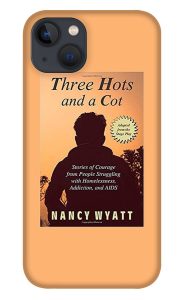Storytelling 101.
“Rindgo – married to a pastor – was a deeply religious man who also was a gunrunner in the nation’s capital. The children loved him.” What?
I love storytelling – especially when the story is TRUE!
Rindgo’s and other authentic stories about surviving homelessness, addiction, and AIDS can be found in my book and play book, Three Hots and a Cot, Stories of Courage from People Struggling with Homelessness, Addiction, and AIDS.
These mini-biographies are authentic accounts of hardship, courage, and love among people who experienced homelessness, drug addiction, AIDS, and other life-wrecking hardships. They tell how “normal, everyday people” find themselves in a shelter for the destitute.
However, that’s not my point today. Instead, I am featuring the work of a photojournalist storyteller who found me again after 30+ years!
Nancy’s book cover, Three Hots and a Cot, on an iPhone cover (Android also available)
Storytelling ~ Photojournalist, Erika Langley, Provides a Flashback!
This week, HAPPINESS was receiving a surprise email from a photojournalist who authored an article about my work with homeless people in 1991. Some of those folks were addicted to drugs and alcohol or had AIDS. Rindgo had the added disadvantage of being an amputee, the loss of his leg having resulted from diabetes. All these people became my friends as they faced many challenges with bravery and – as it turned out – with LOVE.
Today’s Guest Contributor, Erika Langley, contacted me recently and sent me a copy of her article, featuring Rindgo. You can read his monologue below; but, first, let’s learn about Erika.
Who Is Erika Langley and What Does She Do?
Erika Langley is a photojournalist and writer who is interested in what Hunter S. Thompson called “Gonzo journalism,” crossing the line from witness to participant. She is the author of “The Lusty Lady,” about working at a peep show run by women in Seattle. She is currently working on a book about Washaway Beach, where her beach property, as predicted, fell into the ocean.
For more storytelling by Erika, please go to her websites.
Let the Storytelling Begin!

Standing under the spotlight, peering into the faces in the darkness, the performers study their audience in the Oakland High School auditorium. The performance tonight is about a topic few high school students like to think about, much less confront: the homeless. The difference is that these performers are not actors; the roles they play are real.
“You may think the homeless shelter is a terribly depressing place,” Clyde Wray intones from the podium, in a deep orator’s voice that makes the room go silent. “You may think there is a lot of grief, anger, and tension. But the pain often brings out great beauty of spirit among the people. We love. We are loved. We are not just statistics.”
The troupe is called the Variety Pack, comprised of people who are, or were recently, homeless. Most are in recovery from drug addiction, and some have been diagnosed HIV positive.
The backbone of the Variety Pack is Nancy Wyatt, a deeply committed volunteer, poet, and writer, who has taken the life stories of these people and composed them into monologues, which are then read by the players.
“I discovered intelligence and beauty in my friends, and wanted to help them tell their stories,” Wyatt explains. “I want to help eliminate stereotypes so that others can learn to know them and love them like I do.”
Wyatt, 47, has been a lifelong volunteer. She works full time as a business manager at Northern Virginia Community College’s Manassas campus, and the Variety Pack has become a second full-time job. “This whole troupe is founded on my indebtedness,” she laughs. “I need to find out how to get paid for the work my soul requires of me.”
As a teenager, Wyatt worked at the Tawac Indian Reservation in New Mexico. She has volunteered with lifers at Sing Sing prison, was a member of Big Brothers, Inc. in New York City, and began volunteering at the Community for Creative Non-Violence about four years ago. At CCNV she worked with a homeless performing troupe called Voices from the Street.
Eventually, she and a core group of performers from Voices split off and formed the Variety Pack, their own troupe. The performances are a series of dramatic monologues, stories of “how a series of events can cause a downward spiral into quicksand.”
Her work has not gone unnoticed. In 1990, Wyatt was chosen for the “One and Only Channel 9 Award for Community Service”, and over the summer received a Governor’s Award for Volunteering Excellence.
“Now we are like one garden of many exotic flowers,” B.J. Norris tells us in his monologue. “Homelessness provided the common soil into which we were planted. The water of our tears and the sunshine of our affection brings our souls into full blossom. We enrich our lives.
“Now you too can learn to live and love and grow as we do. Just leave the statistics to the statisticians and look instead into the hearts and minds of all humanity. Some of the most beautiful flowers grow in some of the most out-of-the-way places.”
The Variety Pack has its rehearsals at McKenna House, a drug rehabilitation center in northwest Washington, D.C. In a low-ceilinged basement room, the group sits at tables, rehearsing their monologues one by one. On the wall are framed statements of the twelve steps of Narcotics Anonymous and the Serenity Prayer.
How does one rehearse their life story? While one person reads, the others listen in quiet reflection, some with bowed heads, resting on their folded hands. It has all the quiet reverence, respect, and reflection of a prayer service.
The actors are not acting. The stories are no less painful for the telling. The jokes still bring laughter. The stories of drug-related shootings, and the plight of a junkie trying to find a vein and finding only “bloodless holes” bring murmurs and somber nods.
An older, bearded man named Rindgo gets up, leaves his crutches propped against the wall, and stands at the podium. “How old do you think I am?” he asks. “I’m only 53, six years older than Nancy. They say your life is mapped on your face. If you look at mine, you should see deep contradictions. My name is Rindgo.
“If you ask me, the R stands for religion. I’ve always believed in God. I was married to a minister. That’s right, a lady minister.
“The I stands for incarceration. Since childhood, I’ve spent most of my life in reform schools and prisons, so being in the shelter isn’t any different, except for more freedom of movement. But you still don’t have a choice about who you live with. There is zero privacy, day and night. I can see why some homeless people won’t live in the shelter.
“I hate to admit it, but the N stands for narcotics. That is a merciless battle I fight every minute of every day, and usually manage to lose, with no Purple Hearts to my credit. I did real well once, but when the shuffle city blues hits me, I feel helpless as a baby, and a great cloud of depression descends upon me like a coarse grey shroud, grinding me into the pavement. There’s no 21-gun salute to tell you that the war is on again. It’s just the quiet, secretive, jubilating moment when you urge the poison into your body, to change your mood just enough to make it through another day. Or maybe just the next few hours.
“The D stands for diabetic. It wasn’t enough to be homeless. I had to lose my leg. Gangrene had set in. Most shelters don’t even serve meals, much less a diet of specific nutritious meals at certain times every day. So, the disease progresses, while I live in terror of what’s going to be amputated next. But I’ve got to hang in there, because Nancy promised to dance with me when I learn to walk on my new leg, and I’m looking forward to that.
“On the brighter side, the G stands for great with children. I love the little people. Even though I’m homeless, I go over to the family shelter to take homeless children to the park, the zoo, or a museum. That might surprise you. A lot of homeless people do volunteer work to help the homeless. Bet you never thought of that.
“Whereas grownups might see only my rough exterior and look only at the surface things, the kids see through me to my soul. They make me laugh, and I feel like a person again. The only hard part these days is when they wanna race.
“The O stands for orator. I’m actually kind of shy, but once you get me going, I can preach, brother, and the whole room stands up to listen. Some of the young boys say I helped them get their lives together by sharing my experiences and philosophy with them. That really surprised me. I didn’t know it meant so much to them.
“My name is Rindgo, and I hope that by telling you my story, I’ll help you to understand people differently; to see that things are not so clean cut, so black or so white. Each of us has beauty. Each of us has ugly. And thank God for grace, because each of us has hope, whether we know it or not.”
The high school auditorium falls quiet after the monologues. The students are visibly shaken. During the question-and-answer session, the questions come in tearful fragments.
“My God,” junior Joanne Sheldon sobs. “I’m sitting in Oakton High School, thinking about school and how my mother won’t buy me a car. What can I do? How can I help?”
Junior Arlette Deltoro adds, “Just watching you all, it really hit me. It made me feel superficial, listening to what you all have gone through. It literally, physically, affected me. It was really draining. It’s bizarre to see that this really happens to people in real life.”
“Listening to these stories, I have a sense of how hard it is to talk about these things,” junior Eric Envall notes, his voice breaking. “I have a hard time talking about my pet fish who died a week ago. How can you stand in front of us and tell us these things?”
“This troupe is great therapy for us,” answers Ronald Williams. “When my life can help you, I get great self-esteem. I see that you might not be destined for the same roads and mistakes. One of the ways I deal with my problems is by telling you about them.”
Nancy Wyatt adds, “We honestly feel like we have a duty to break stereotypes. We’re trying to mess with you. Our love comes through in the performances, but we’re still scared and lonely at 2 a.m.”
Skip Bromley, who teaches theater arts at the high school, was responsible for inviting the Variety Pack to perform for the students as an example of alternative theater.
“This is culture, and culture is what civilizes us,” he explains. “The students have never bumped into this. And, at this age level, it’s like, ‘don’t get it near me, I might catch it. If I accept it, I might become it.’
“This troupe plucked, for me, one more time, those strings that change you, and make you transcend the separation barriers between us all. This is why we like to hear stories. It’s you there, touching me, making me believe I could be there.”
Isn’t that wonderful? Thanks to Erika for sharing this again. Let’s visit her website and see some more of her photojournalism.
If you want to reach her directly, here is the info.
Contact Erika for More Storytelling

(206) 714-6813 erika@drizzle.com
More Writing and Editing Services by Nancy (Moi)
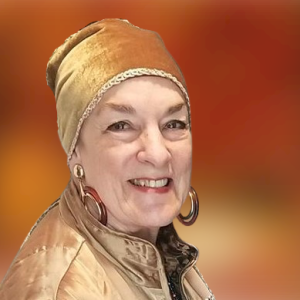
If you want to experience more storytelling about my friends who were homeless, Click Here.
Note: all of those who survived did overcome the challenges and returned to or created new families, jobs, educational opportunities, and more. Some are now great leaders in their own communities. The LOVE is never-ending! They are great storytellers who use themselves as examples to help others from all walks of life.
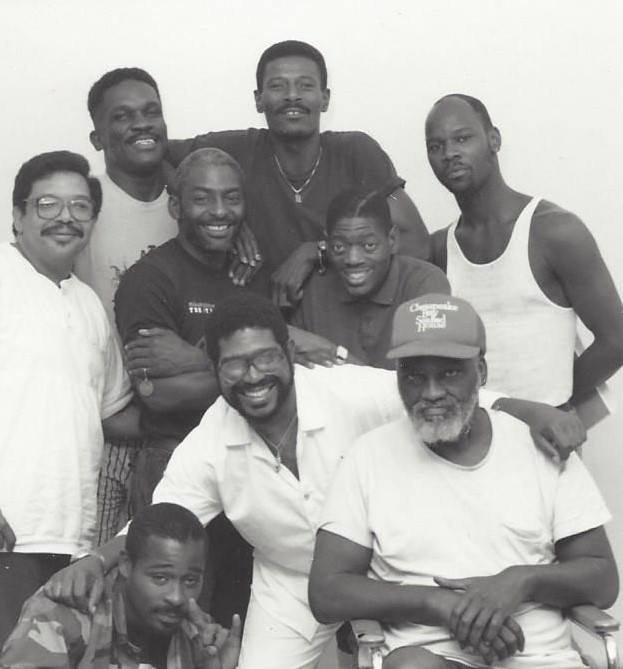
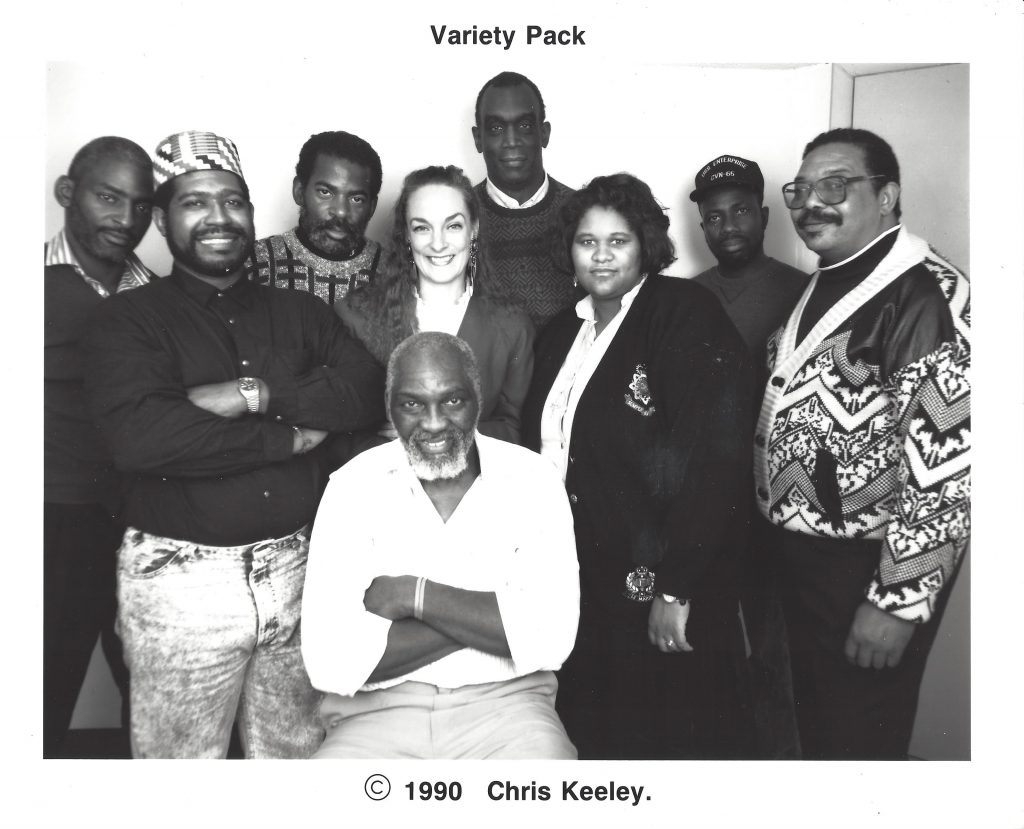
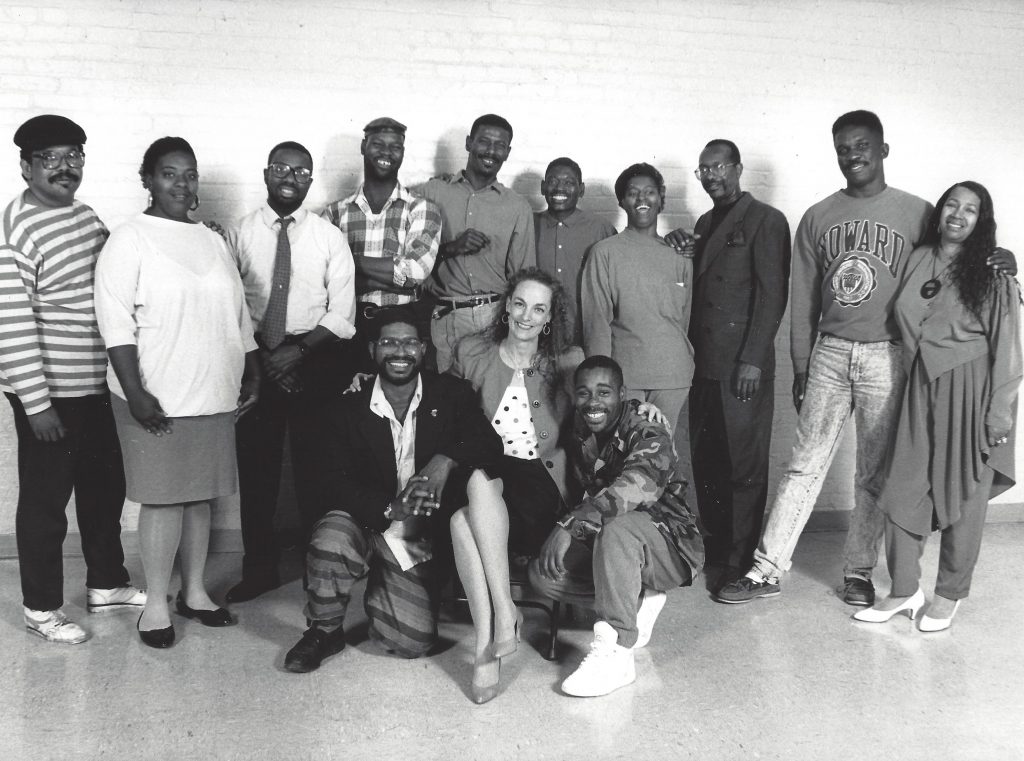

Storytelling, via the method of scripting true accounts of people who have overcome great hardships, is one of the joys of my life! It’s especially gratifying when it helps raise awareness and/or funds for worthy causes. I’d love to do it some more.
If you would like to book me for a project, email me at MyPersuasivePresentations@gmail.com, and we’ll set up a free Zoom meeting to discuss how best I can meet your storyteller requirements.
Do It the Write Way! Let My Fingers Do Your Talking!


